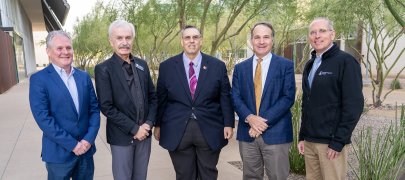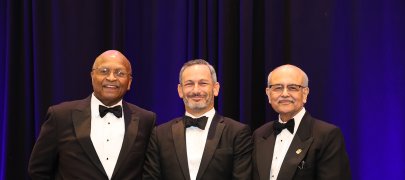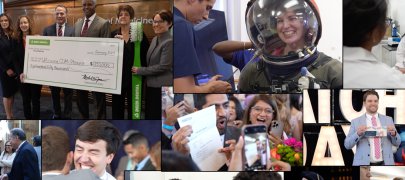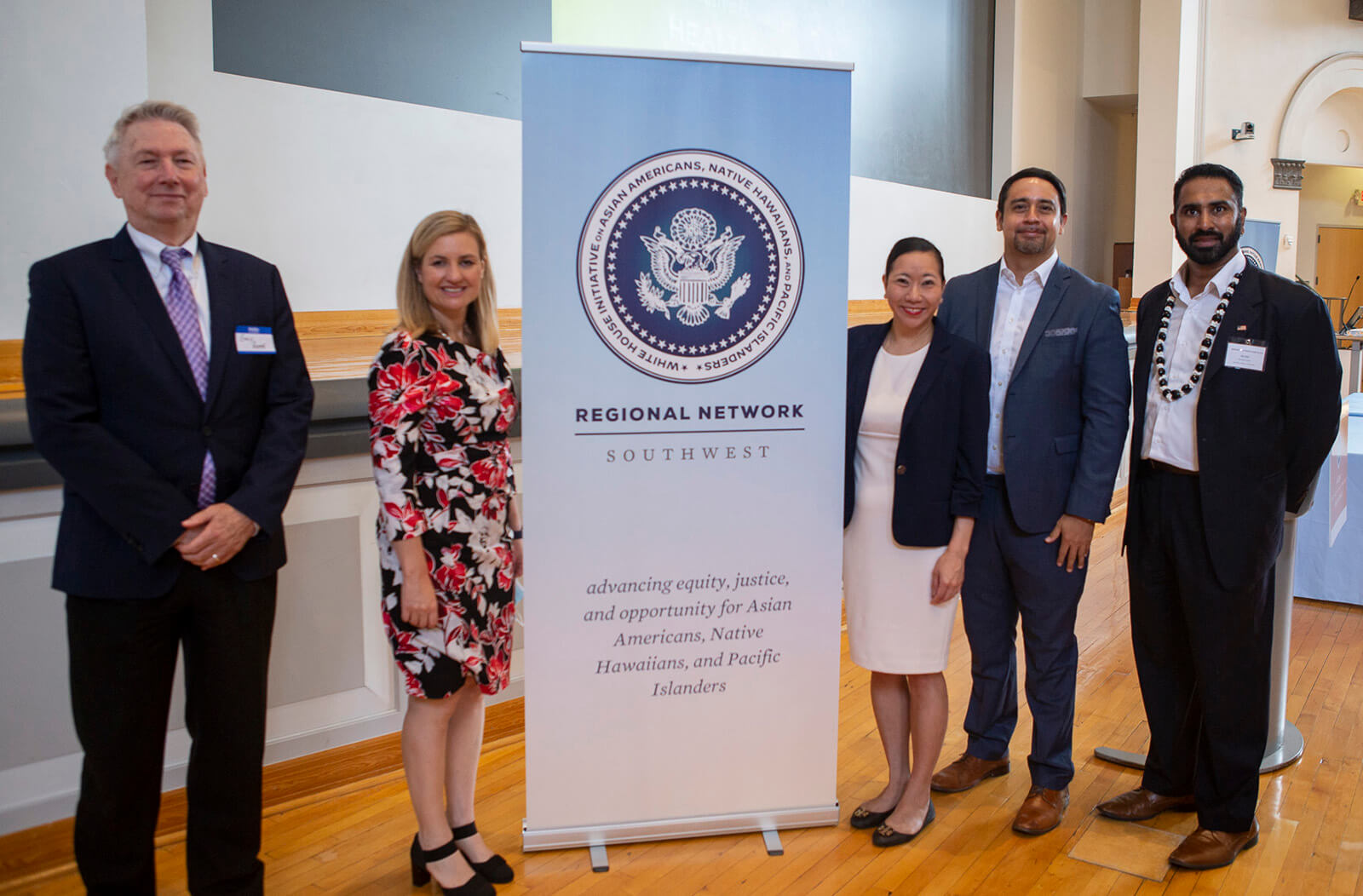
White House Initiative Hosts Health Summit for Asian American, Native Hawaiian and Pacific Islanders in Arizona

The University of Arizona College of Medicine – Phoenix served as the local host for the White House Initiative on Asian Americans, Native Hawaiians and Pacific Islanders (WHIAANHPI). The organization is touring the nation to bring community and health care leaders together to address critical issues facing these populations.
The event, held in the Virginia G. Piper Auditorium, focused on the health needs and priorities of Asian Americans, Native Hawaiian and Pacific Islanders (AANHPI) in the state of Arizona.
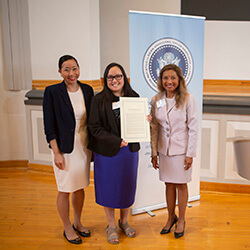
“We are the fastest growing city in the country, and our Asian American community is really helping lead the way,” Mayor Gallego said. “I’ll need all of your help to make sure we are welcoming on everything — from the economic side to the health care side.”
Krystal Ka’ai, executive director of the WHIAANHPI, served as the keynote speaker. She shared the importance of knowing what resources are available to communities.
“You don’t have to fly to Washington D.C. to get access to critical resources,” Ka’ai said. “We have people based right here in Arizona who are here as a resource to you.”
In addition to highlighting the available resources for the AANHPI community in Arizona, Ka’ai addressed the issues they have faced related to COVID, mental health and anti-Asian American hate crimes.
“We know that it is so critical that in addition to addressing so many of the health inequities related to COVID, we’re also looking at mental health as a way to ensure that our diverse communities are getting the resources and support they need,” Ka’ai said.
The WHIAANHPI was established by President Joe Biden to deliver on his commitment to reinstate and reinvigorate his executive order on advancing equity, justice and opportunity for AANHPI people.
Some of the values the WHIAANHPI hold close are similar to those of the college’s strategic plan; both value and emphasize making health care more accessible to all communities and improving the quality of health care.
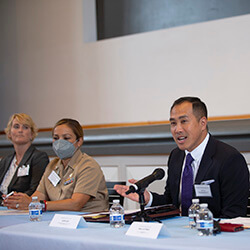
In his remarks, Dean Reed also expressed how proud he and the college were to sponsor the event.
Francisco Lucio, JD, associate dean for the college’s Office of Equity, Diversity and Inclusion, said it was important to collaborate with WHIAANHPI to send a strong message of trust to the local community.
“It was helpful to hear what some of the AANHPI community leaders identified as issues such as COVID vaccine access for the elderly, mental health and efforts working with veterans,” Lucio said. “The better we are connected to our various communities, the better we will be able to learn from them and serve their health care needs.”
Community and federal stakeholders engaged in panel discussions to further explore the issues potential methods to resolve them.
About the College
Founded in 2007, the University of Arizona College of Medicine – Phoenix inspires and trains exemplary physicians, scientists and leaders to optimize health and health care in Arizona and beyond. By cultivating collaborative research locally and globally, the college accelerates discovery in a number of critical areas — including cancer, stroke, traumatic brain injury and cardiovascular disease. Championed as a student-centric campus, the college has graduated more than 900 physicians, all of whom received exceptional training from nine clinical partners and more than 2,700 diverse faculty members. As the anchor to the Phoenix Bioscience Core, which is projected to have an economic impact of $3.1 billion by 2025, the college prides itself on engaging with the community, fostering education, inclusion, access and advocacy.
